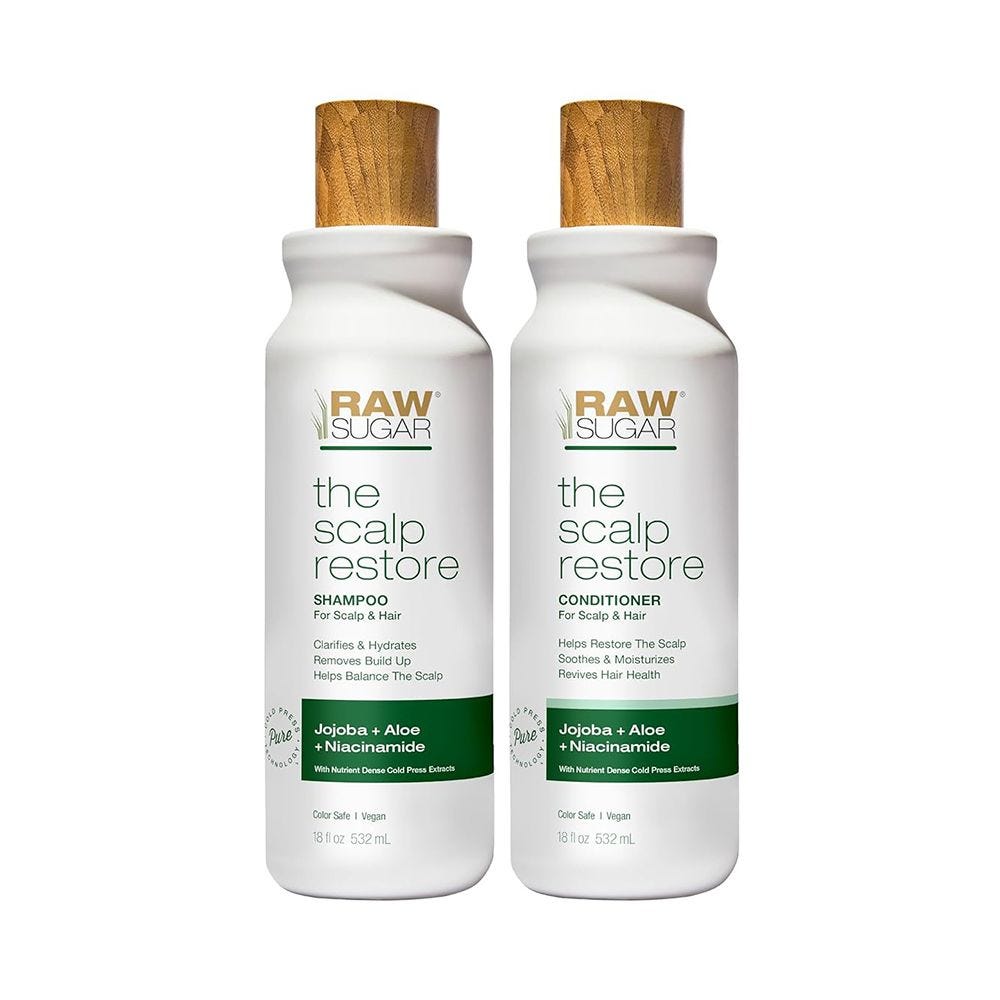A dry scalp can lead to more than just physical discomfort; it can also result in social anxiety due to visible flaking and itching. Whether caused by external environmental conditions, underlying skin issues, or even your choice of hair care products, addressing a dry scalp effectively starts with choosing the right shampoos for dry scalp. With thousands of options available on the market, it’s essential to understand what constitutes effective treatment for a dry scalp. This article will guide you through understanding the causes of dry scalp, the crucial ingredients to seek in shampoos for dry scalp, the types of available products, and how to select the right one that meets your specific needs.
Understanding the Causes of Dry Scalp
Environmental Factors
Environmental elements can play a significant role in the moisture levels of your scalp. Cold weather, particularly during winter months, tends to strip moisture from the air, leading to dryness not just in your skin but also in your scalp. Additionally, low humidity indoors, exacerbated by heat or air conditioning, can compound the issue. Extended exposure to chlorinated water from pools or salty seawater can also contribute to dryness. Understanding these environmental impacts allows you to take preventive measures, such as using humidifiers in your home or wearing protective headgear when swimming, setting the stage for effective treatment.
Skin Conditions
In some cases, what seems like a simple dry scalp may be symptomatic of underlying skin conditions such as eczema, psoriasis, or seborrheic dermatitis. These conditions often require targeted treatments that go beyond standard moisturizing shampoos. Symptoms may include severe itching, redness, or scales, which could indicate the need for a specialized approach. If you experience persistent dryness or other symptoms associated with these conditions, it’s advisable to consult a dermatologist. They can provide a thorough examination and recommend specific products or treatment regimens tailored to your condition.
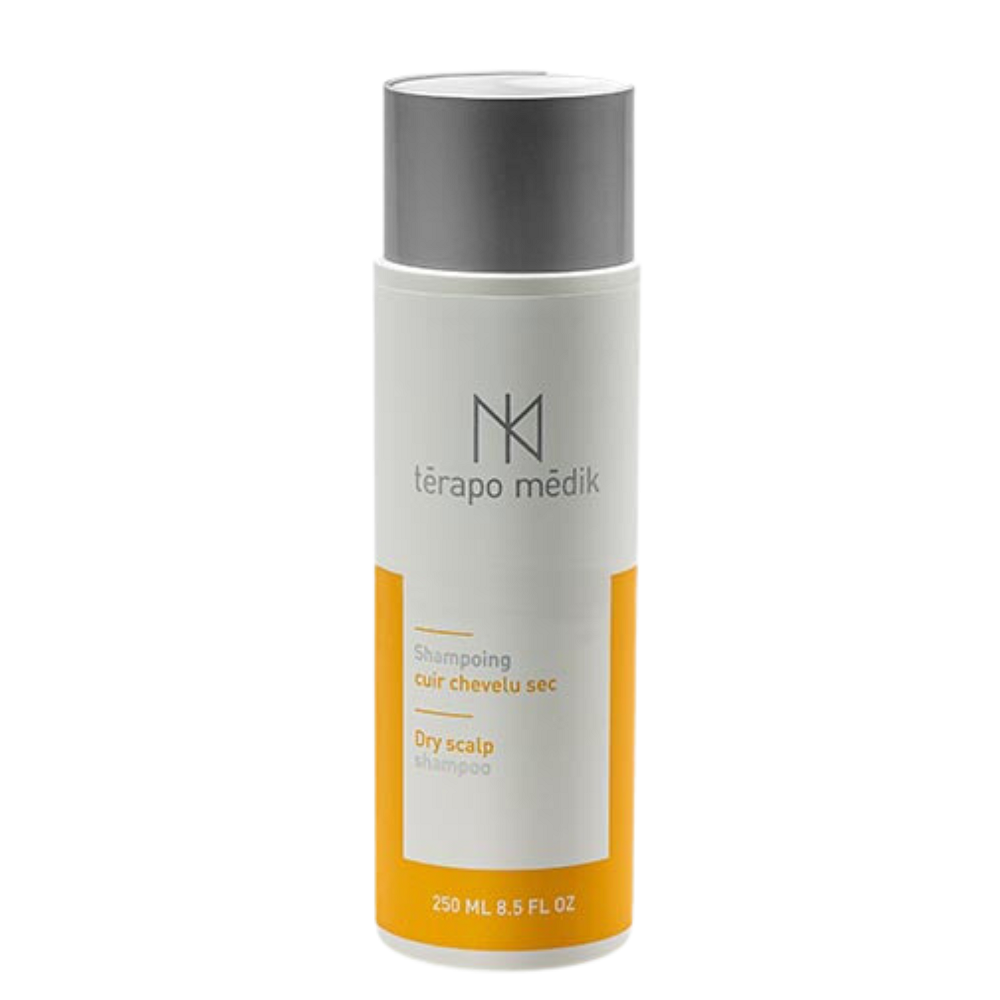
Key Ingredients to Look For
Moisturizing Agents
Selecting the right moisturizing agents is essential when addressing a dry scalp. Ingredients like aloe vera, glycerin, and hyaluronic acid are known for their hydrating prowess. Aloe vera, often praised for its soothing properties, acts as a natural humectant, attracting moisture to the scalp and hair follicles. Glycerin, another humectant, works similarly by pulling moisture from the air into your scalp, enhancing hydration. Hyaluronic acid, known for its high moisture-retention capacity, can help keep your scalp and hair feeling plump and hydrated. By consciously seeking out products enriched with these ingredients, you significantly increase your chances of alleviating dryness effectively.
Anti-Inflammatory Ingredients
A dry scalp can lead to inflammation, discomfort, and significant itching. To address these issues comprehensively, it’s essential to look for shampoos that contain anti-inflammatory ingredients. Tea tree oil is a standout; it possesses natural antibacterial and anti-fungal properties that can soothe an irritated scalp. Chamomile is another fantastic ingredient to consider, praised for its calming effects, which can help reduce redness and inflammation. Lavender oil, known not only for its pleasant scent but also for its soothing properties, can promote relaxation while treating scalp irritation. By incorporating these anti-inflammatory agents, you can achieve a calmer scalp and ultimately more balanced hair health.
Types of Shampoos for Dry Scalp
Hydrating Shampoos
Hydrating shampoos for dry scalp are a go-to solution for anyone facing dry scalp issues. These shampoos are specifically formulated to deliver intense moisture and nourishment, often containing nourishing oils such as argan oil, jojoba oil, and coconut oil. Argan oil, sourced from the nuts of the argan tree, is rich in fatty acids and antioxidants that help restore dry, damaged hair while hydrating the scalp. Coconut oil penetrates the hair shaft more effectively than many other oils, providing both moisture and shine. When paired with moisturizing agents like aloe vera and glycerin, hydrating shampoos can transform dry, flaky scalps into softer, healthier ones.
Medicinal Shampoos
For individuals experiencing severe dryness or persistent scalp issues, medicinal shampoos may be necessary. These shampoos often contain active ingredients that target specific scalp conditions. For instance, ketoconazole is commonly used to treat fungal infections like dandruff, while salicylic acid can help exfoliate the scalp, removing dead skin cells that contribute to dryness. Coal tar, derived from coal, is effective in treating psoriasis and seborrheic dermatitis, providing relief by reducing flaking and itching. It is crucial to use these types of shampoos under the guidance of a healthcare professional or dermatologist, as they can recommend the most suitable options based on your individual scalp conditions.
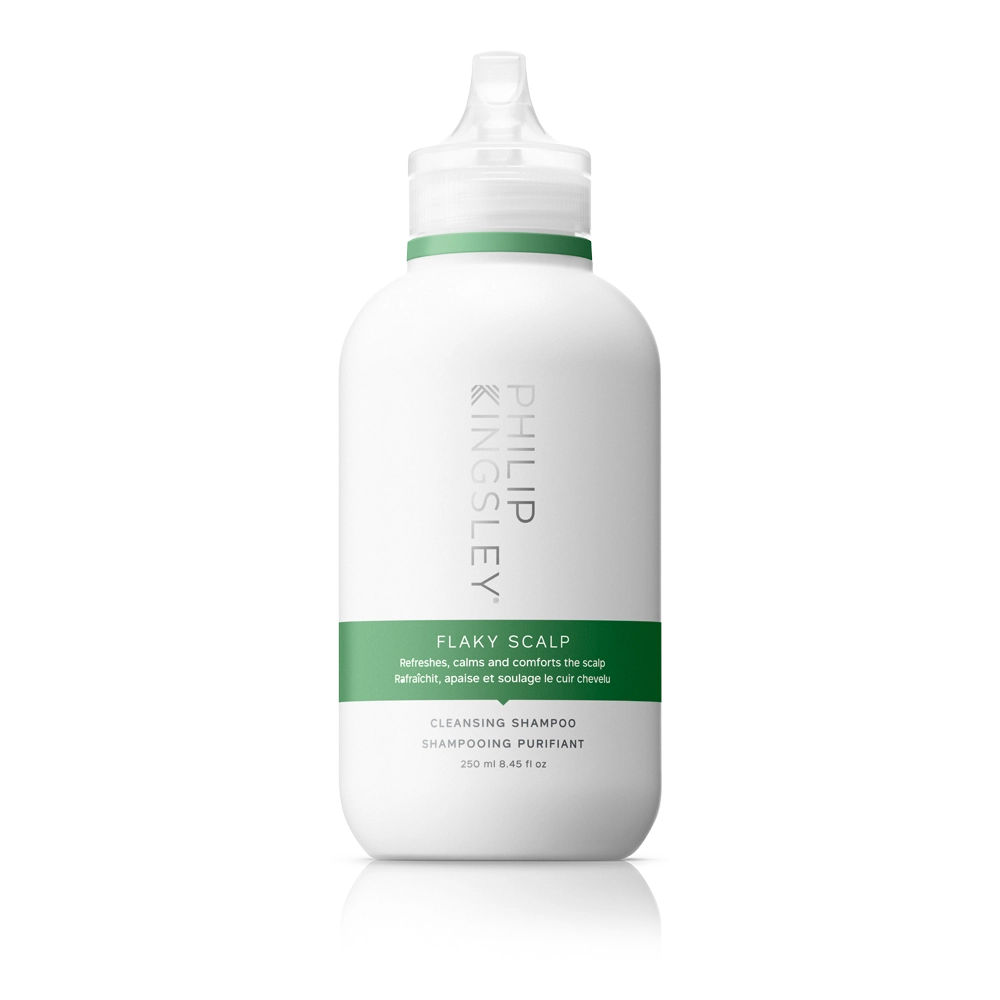
Selecting the Right Shampoo for Your Needs
Understand Your Scalp Type
Understanding your scalp type is a critical first step in choosing the right shampoo. A dry scalp may be indicative of dry hair, but that isn’t always the case. Assess whether your scalp feels tight and lacks moisture, or if it tends to become oily within a day of washing. Recognizing whether you have a sensitive, normal, or oily scalp is fundamental. Tailoring your shampoo choice to your specific scalp needs will help you avoid exacerbating the issue—which can occur if you choose a product that doesn’t match your scalp’s natural balance. For example, opting for clarifying shampoos on a dry scalp can strip essential oils, worsening the condition.
Perform a Patch Test
Before fully committing to a new shampoo, performing a patch test is highly advisable. Apply a small amount of the shampoo to a discreet area on your scalp, such as behind your ear, and monitor for any reactions over 24 hours. This simple yet effective test can help identify any allergic reactions or sensitivities to specific ingredients, reducing the likelihood of further irritation. Even gentle-sounding ingredients can sometimes cause sensitivities, so taking this precaution can save you from a potentially uncomfortable experience later on.
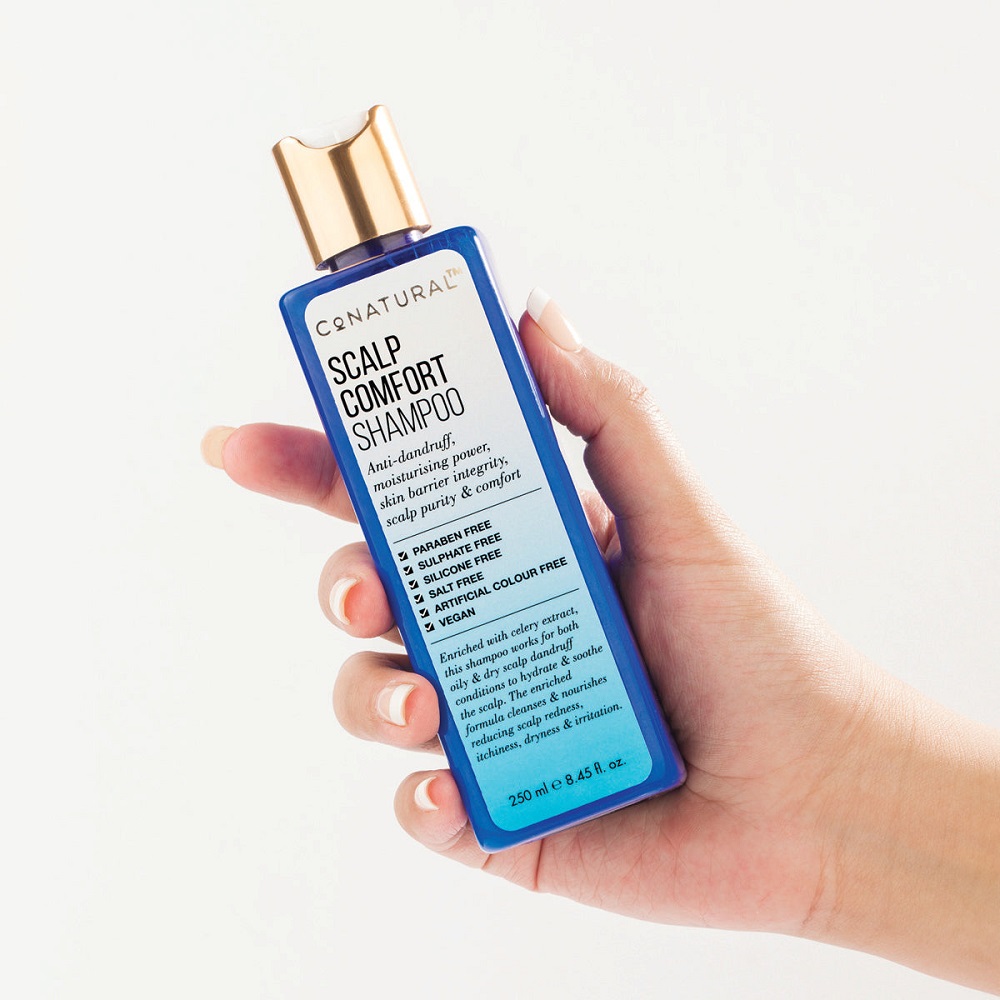
Incorporating a Comprehensive Hair Care Routine
Pairing with Conditioner
While finding the right shampoo is essential, it’s vital to recognize that shampooing alone may not effectively address a dry scalp. Incorporating a high-quality moisturizing conditioner into your hair care routine can be a game-changer. A conditioner specifically designed for dry or sensitive scalps will enhance hydration and provide extra nourishment after shampooing. Look for conditioners that contain similar hydrating and soothing ingredients as your shampoo, allowing for a cohesive treatment strategy. Using conditioner after every wash can lock in moisture, further alleviating dryness and enhancing your overall hair health.
Avoiding Harsh Ingredients
Being informed about the ingredients in your hair care products is critical when dealing with a dry scalp. Ingredients such as sulfates, which are commonly used for their lathering properties, can be overly harsh and lead to further dryness. Parabens, preservatives that can be irritating to sensitive skin, should also be avoided whenever possible. Artificial fragrances can contribute to scalp irritation while causing discomfort and flakiness. Opting for sulfate-free and paraben-free formulations not only helps minimize the risk of irritation but also allows your scalp to heal more effectively, contributing to a calmer, healthier scalp environment.
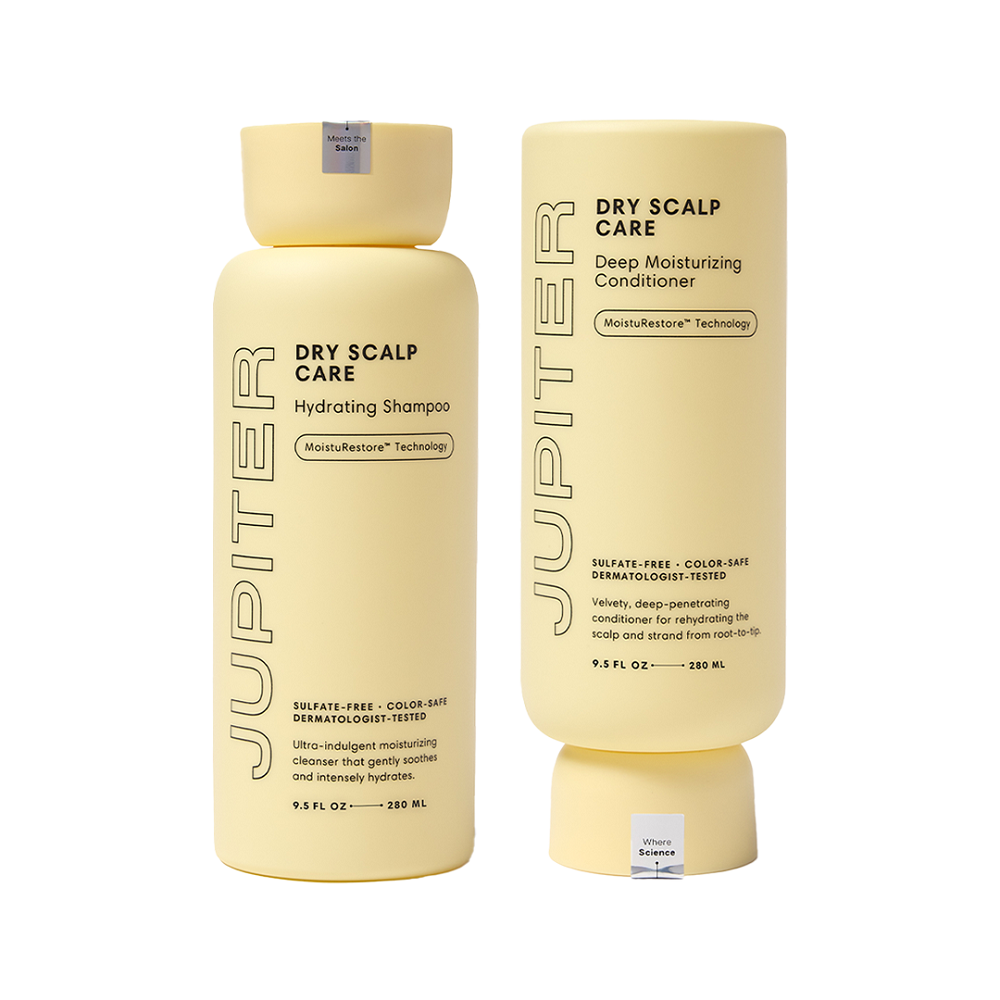
Lifestyle Factors That Impact Scalp Health
Diet and Hydration
A balanced diet plays an essential role in your overall health, which includes the condition of your scalp. Meals rich in vitamins A, D, E, and omega fatty acids can positively influence scalp health. Foods such as avocados, nuts, and oily fish are excellent sources of essential fatty acids that help maintain skin moisture. Additionally, remember to hydrate! Drinking enough water throughout the day can help keep your body and scalp adequately hydrated, further reducing the risks of dryness or itchiness. When taken together, a wholesome diet coupled with proper hydration can significantly enhance your efforts in combating a dry scalp.
Stress Management
Stress is another crucial factor that can impact skin health, including the scalp. Increased stress levels can lead to hormonal imbalances that may contribute to dryness and irritation. Introducing stress management techniques into your daily routine, such as meditation, yoga, or regular physical activity, can help lower your stress levels. Taking time for relaxation and self-care not only improves your mental health but can also lead to a healthier scalp and hair. A holistic approach to scalp care encompasses both physical and emotional well-being, creating a more resilient environment for your scalp.
Consulting a Professional
Knowing When to Seek Help
Although many cases of dry scalp can be managed using over-the-counter products and home remedies, there are situations where a professional consultation becomes necessary. If you experience persistent dryness, excessive flaking, or intolerable itching despite using specialized shampoos, seeking a dermatologist’s help is advisable. Likewise, if you notice redness, swelling, or signs of infection around your scalp, don’t delay in consulting a professional.
Creating a Customized Treatment Plan
Dermatologists possess the expertise to evaluate your scalp condition comprehensively and can design a customized treatment plan that meets your unique needs. This plan may include specific medicated shampoos, topical treatments, or dietary recommendations tailored to your situation. They can also guide you on the appropriate frequency for using medicinal shampoos versus regular shampoos. Professional guidance ensures that you address your dry scalp effectively while preventing potential complications, allowing for optimal scalp health.
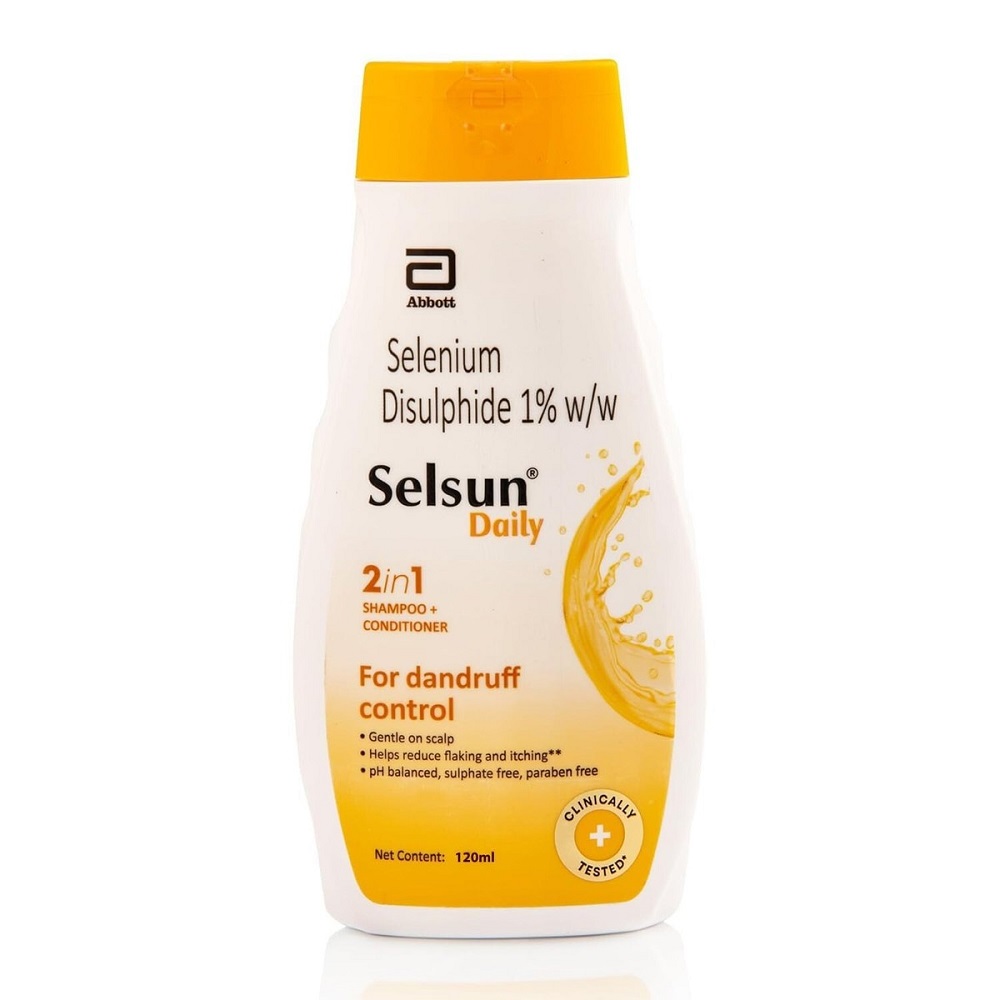
Conclusion
Finding the right shampoos for dry scalp is not merely about selecting a product off the shelf; it’s about understanding the underlying causes of your scalp issues, recognizing the key ingredients that provide relief, and evaluating your personal needs. By assessing your scalp type, performing patch tests, and adopting a holistic approach, you can combat dryness effectively. Choosing the right shampoo is just the beginning; a comprehensive hair care routine, mindful lifestyle changes, and—when necessary—professional consultation will help you achieve healthier scalp and hair over time. With the right tools and knowledge, you can take proactive steps toward battling a dry scalp, enjoying the benefits of nourished, healthy hair that can thrive in any environment.
